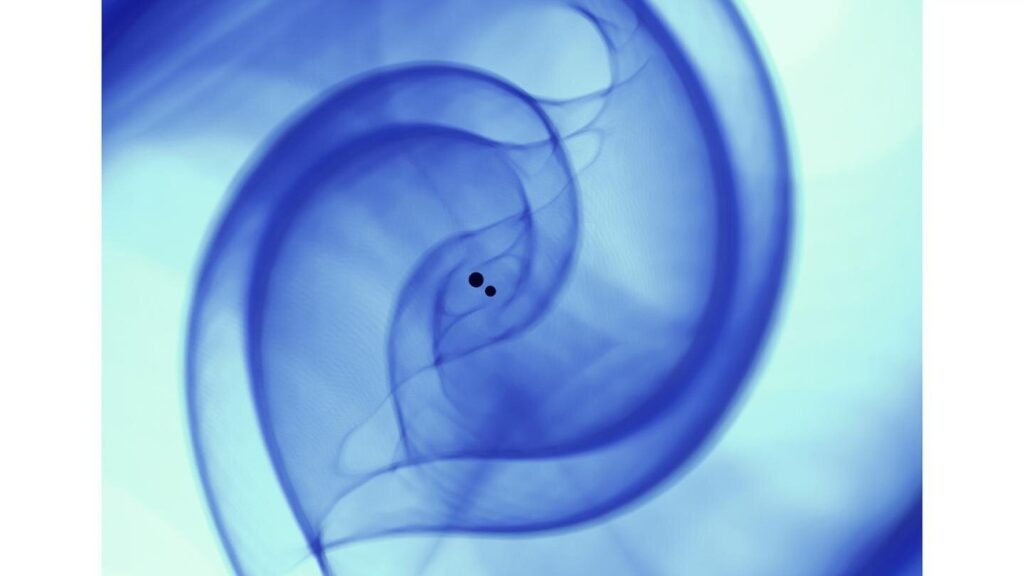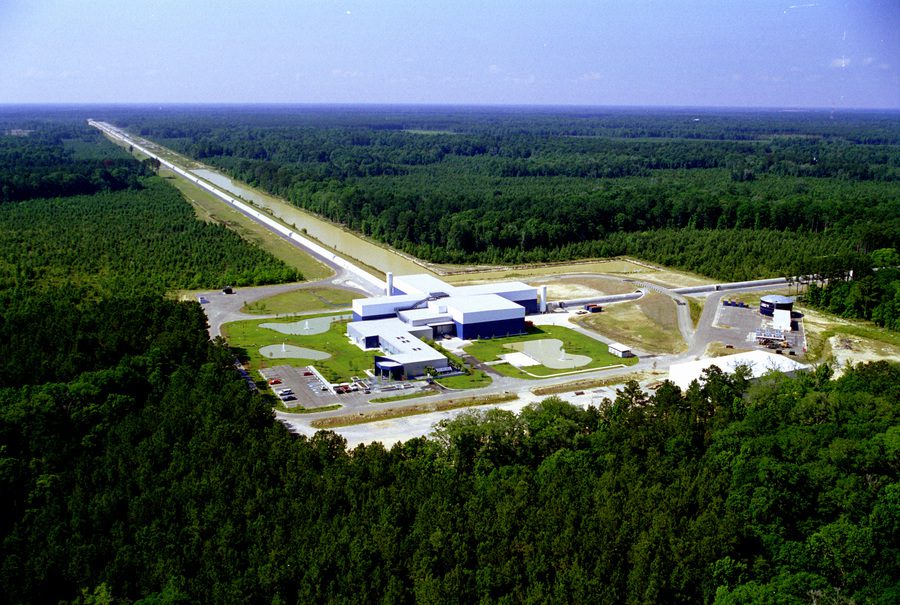Scientists found gravitational waves for the first time back in 2015, and since then the scientific field was never the same.
LIGO (Laser Interferometer Gravitational-Wave Observatory) is an advanced laser that helped scientists capture such gravitational waves and confirm one of Einstein’s theories. Recently, a team of scientists reexamined the existing techniques used to capture such waves and came up with an intriguing new method.
Here is what you need to know.
Using AI to Find Gravitational Waves
The team has developed a novel production-scale AI framework that enables scalable, accelerated, and reproducible detection of gravitational waves.
This new method shows that AI models might be as sensitive as previous algorithms but at an advanced level. It could also need only an inexpensive GPU, similar to those available in video gaming, which is genuinely intriguing. That would be needed to process high-quality LIGO data faster than anything we have seen so far.
Ian Foster, the director of Argonne’s Data Science and Learning (DSL) division, explains:
“[…] it shows how, with the right tools, AI methods can be integrated naturally into the workflows of scientists – allowing them to do their work faster and better – augmenting, not replacing, human intelligence.”

A new approach
With that said and done, the team published a paper in Nature Astronomy, featuring a data-based approach that mixes the team’s supercomputing skills and resources to allow accelerated, reproducible, AI-based gravitational wave discoveries.
The team’s new approach highlights the major value of data infrastructure to the scientific field. Also, scientists aim now to come across more brand-new applications of this data-driven technique beyond large-data hurdles in physics.
Since the first discovery of gravitational waves, scientists found many other such waves, including the first observation of two colliding neutron stars in electromagnetic and gravitational waves.
Using an AI-based method of mapping the Universe is definitely proving how much the scientific field has evolved. We’re now focused more on the quality of work than the results.












Leave a Reply